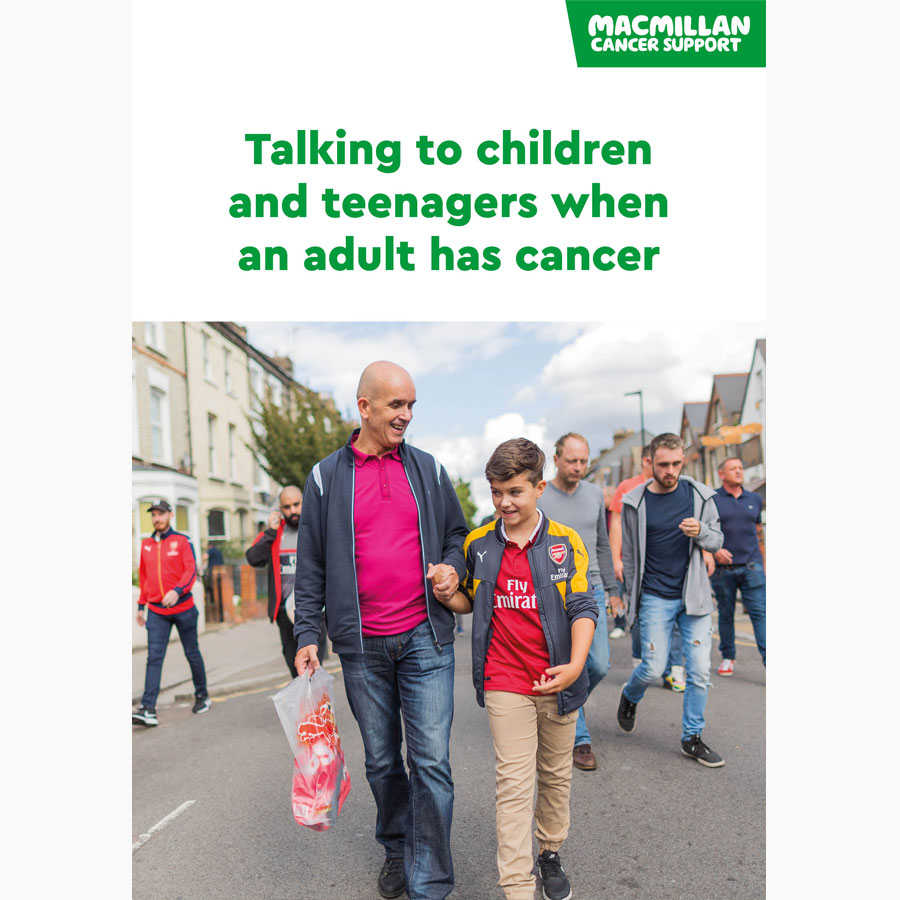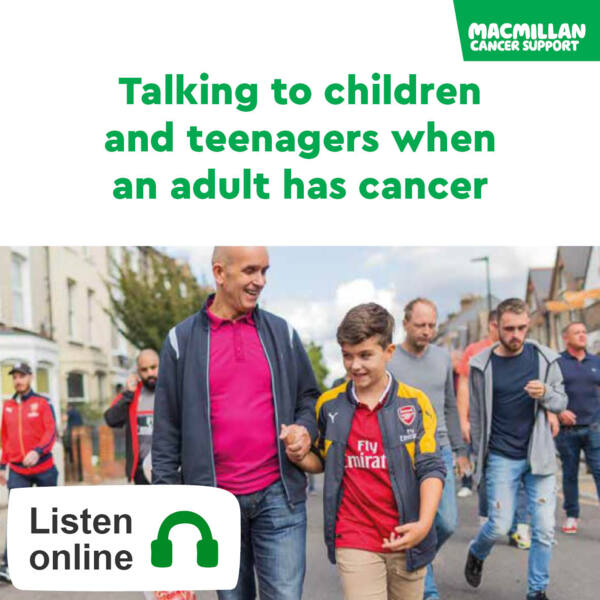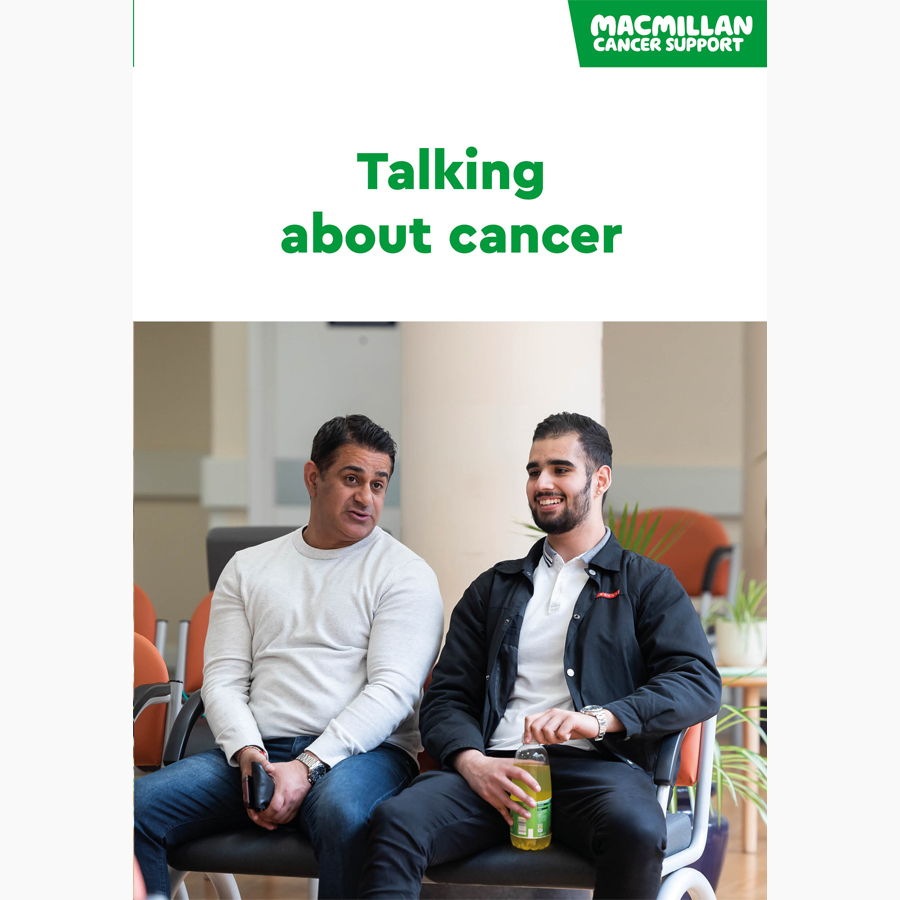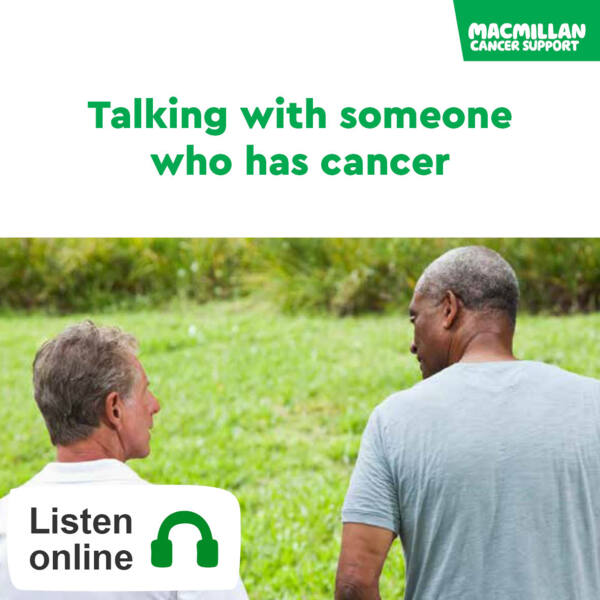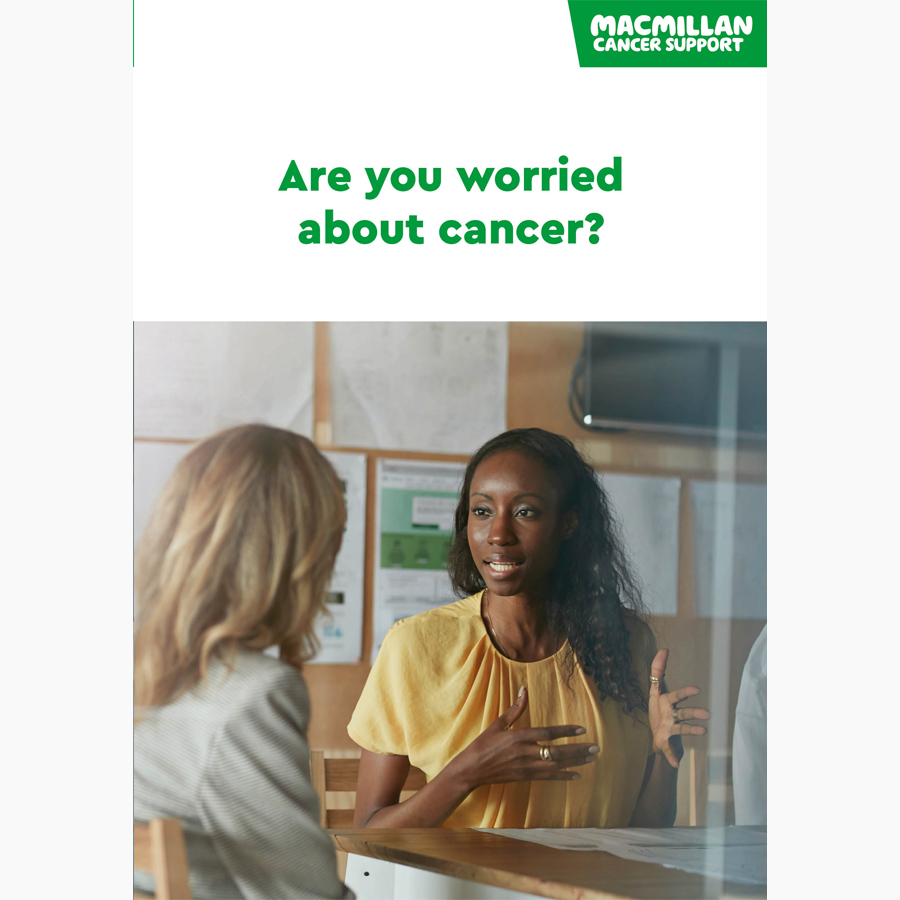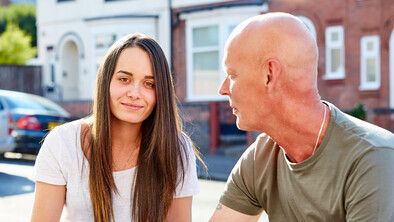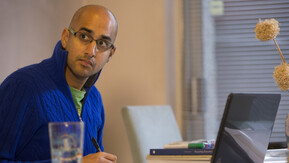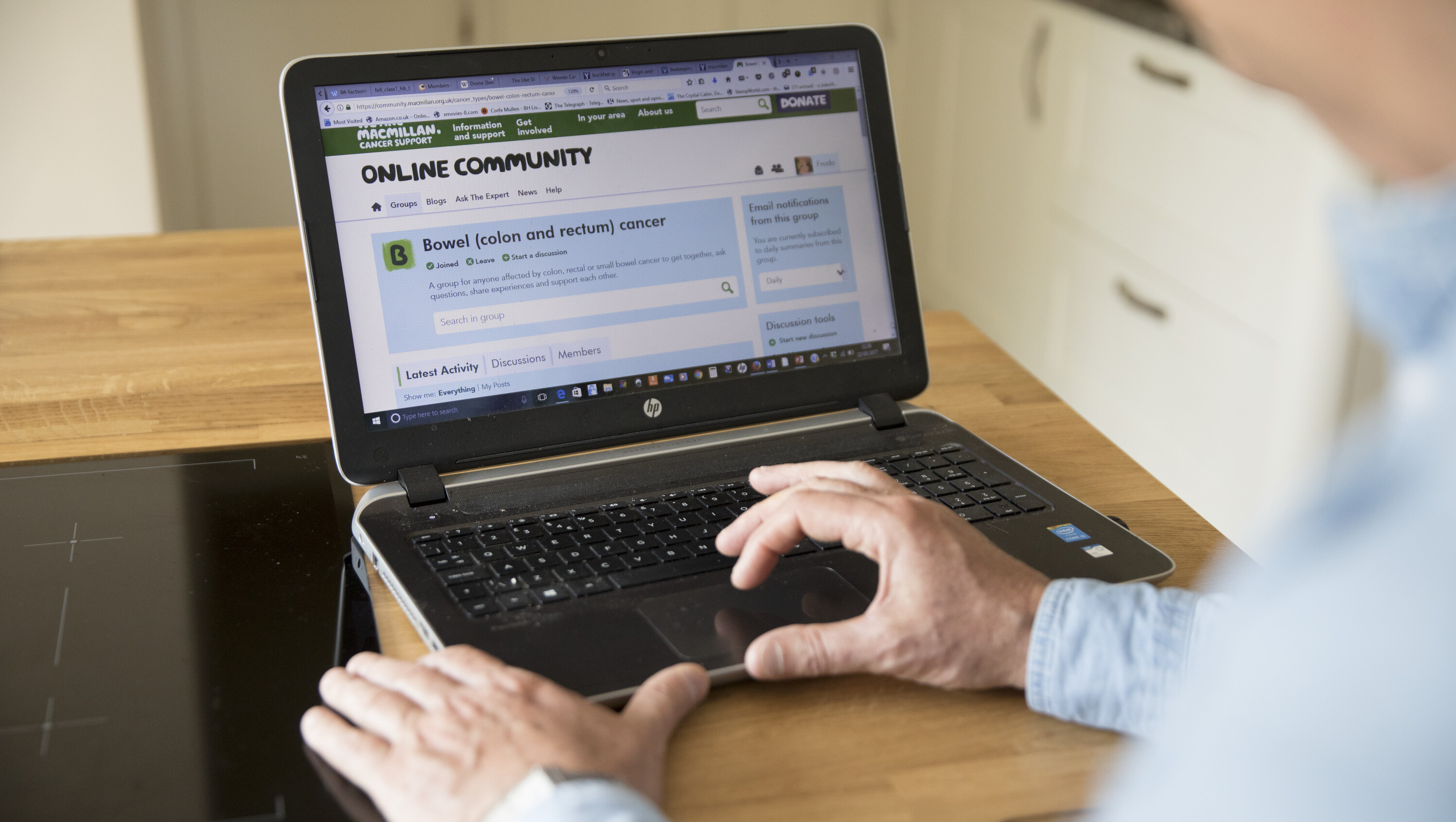The Princess of Wales and support when talking to children about cancer
The announcement from Kensington Palace
On Friday 22nd March, Her Royal Highness the Princess of Wales and her family shared the news that she is starting a course of preventative chemotherapy.
From Friday to the end of Sunday, Macmillan saw close to 100,000 visits to its information and support pages. This is the highest number of visits for a weekend period since at least March 2020 when the first national Covid lockdown was announced in the UK.
Talking to children about a cancer diagnosis
For many parents and grandparents, some of the first thoughts they may have after being diagnosed with cancer are how it may affect their family, and how to tell them.
Wanting to protect children from difficult news, worry and distress is natural. But not explaining what is happening may make them feel more vulnerable.
Here are some points to consider ahead of having a conversation about a cancer diagnosis with children:
- Use simple, clear language and short sentences.
- Keep information relevant to the current situation, rather than things that may happen in the future.
- If your children are young, let them know that cancer is not like having germs that you can catch.
- Let them know that they can always ask you questions and talk to you about how they feel.
- Be honest and tell them that you may not know all the answers to their questions, but you will try to find out and will tell them when you know.
- Direct your conversation to their reactions and the questions they ask.
- You may want to tell your child’s nursery, school or college, as teachers and staff may be able to support them.
We have more information about talking to children and teenagers about cancer to help you through the conversation.
Talking to other people about a cancer diagnosis
After being diagnosed with cancer, you may find the idea of talking about it upsetting or uncomfortable. But it is important to think about who you want to know and how to talk to them about it.
Whether it’s friends, family, or people you work with, our talking about cancer information will help you prepare for the conversation, decide how much you want to share, and understand people’s reactions.
Other people's experiences
If you are worried about talking to people about cancer, you are not alone. Here are some ways you can talk to other people and stories people have shared that you may find helpful.
Talk to other people on our Online Community
If you are worried about telling people about your cancer diagnosis, you might find it helpful and comforting to talk to others who have been through a similar experience.
The Macmillan Online Community is a safe space where you can chat to others who understand what you are going through.
The Online Community also has a dedicated forum for family and friends. This is a place for anyone who knows someone who is living with cancer to share their feelings and get support.
Talking Cancer podcast episode about talking to children about cancer.
In this episode of the Talking Cancer podcast, Toria, who was diagnosed with ovarian cancer shares her experience of telling her five-year-old twin boys about her cancer. Macmillan professional Azmina Rose also provide guidance and support for people who need to talk to children about a cancer diagnosis.
Diane on telling her children
When Diane found out she had breast cancer, she and husband Gareth were advised to speak to their children about her diagnosis. Here Diane talks about that experience, and because her children were different ages, her decision to speak to them individually.
Information if you're worried about the symptoms of cancer
We understand that the news about Her Royal Highness the Princess of Wales may have made some people feel worried about cancer and the symptoms of cancer.People worry about cancer for many different reasons. Perhaps someone close to you has been diagnosed. Or maybe you have symptoms you think might be cancer. We have information about the causes, risk factors, signs and symptoms of cancer.
About our information
This information has been written by our senior medical editors and revised and edited by the Digital Content Team.
Learn more about how we produce our cancer information.
About the author
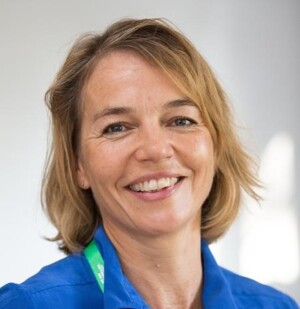
Claire Taylor
-
Blogs 06 Nov 2023You might not describe yourself as a carer. But looking after someone with cancer can have an impact on your life. There is support and information available that can help.
-
Blogs 07 Feb 2024Get expert information and advice from Macmillan about work rights, financial support options, sick pay and self-employment for people with cancer.
-
Blogs 06 Jun 2023Steph tells us more about her role as an Online Community Officer and shares why the Online Community team are passionate about supporting people affected by cancer.
How we can help




